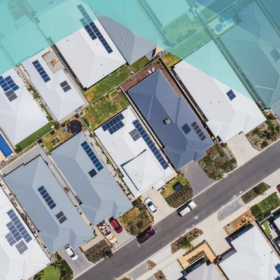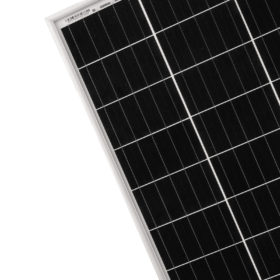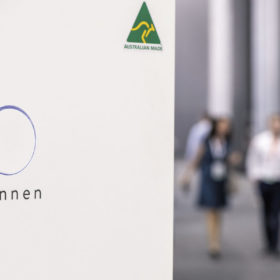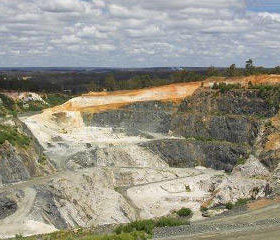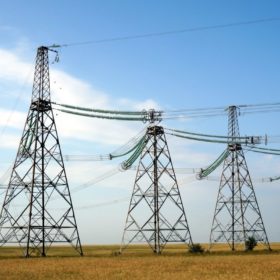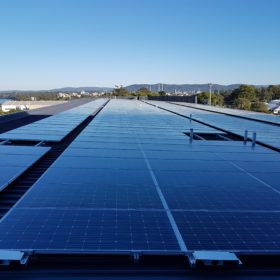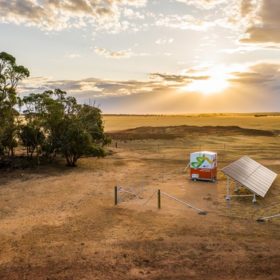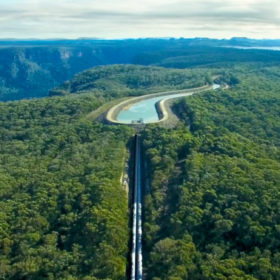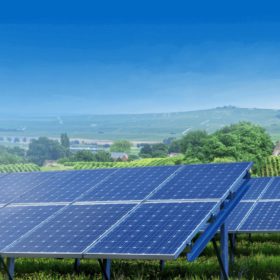Western Australia first to comprehensively plan DER integration
In this time of residential confinement, it seems appropriate that governments and agencies are advancing plans to enable the uptake of distributed rooftop solar resources and their integration with grid operations. A part of this much awaited movement the Western Australian Government this weekend published its DER Roadmap.
Understanding LeTID
Light- and elevated temperature-induced degradation (LeTID) of PV cells can have far-reaching impacts on the efficiency of modules. Alison Ciesla and Brett Hallam of the University of New South Wales argue that accelerated testing, such as that included in the forthcoming IEC standards, is critical for LeTID identification and quantification in order to manage these impacts.
Long read: Orchestral support for an evolving energy system
As one of the world leaders in PV+storage deployment, Australia has ample opportunity to develop a two-way energy system that could provide critical services to the grid and deliver additional revenue streams for rooftop PV and battery prosumers. Although still in their early days, some virtual power plant (VPP) projects are already proving their worth.
Northern Territory approves its first lithium mine
The Finniss Lithium Project will be the first-ever lithium mine to be built outside of Western Australia.
AEMO publishes final MLFs for 2020-21
The Australian Energy Market Operator’s final marginal loss factor report for 2020-21 provides some good news for operational large-scale solar projects delivering only smaller changes compared to those seen in preceding years. However, the reduced need for MLF adjustments came as a result of a slowdown in new project development and additional network constraints.
300 MW Rodds Bay Solar Farm finally gets the go-ahead
After several stalled years, construction of the 300 MW Rodds Bay Solar Farm in Queensland is finally imminent. Developer, Renew Estate, has been issued its Notice to Proceed under its connection agreement with Powerlink Queensland.
Rooftop solar surges to record highs before lockdown
Analysis from Green Energy Markets shows the Australian rooftop PV market in robust health during the first three months of 2020. According to STC data, more than 30,000 rooftop installations were registered in the month, for a total of close to 250 MW of capacity. And then came Covid-19.
WA passes Pilbara electricity reform bill
The Western Australian State Parliament has passed an electricity reform bill that will see a new regulatory framework for the Pilbara and support stand-alone power and storage systems – already being rolled out by both Western Power and regional utility Horizon Power.
600 MW Oven Mountain pumped hydro project gets ARENA funding to prove its viability
The Australian Renewable Energy Agency (ARENA) is providing nearly one million dollars for a study that will analyze the benefits that pumped hydro energy storage would have on the development of the New England Renewable Energy Zone in northern New South Wales.
Power Ledger to give French customers their choice of energy
Western Australian peer-to-peer (P2P) energy trading pioneer Power Ledger has revealed the world’s biggest ‘choose your own energy source’ project in France.
